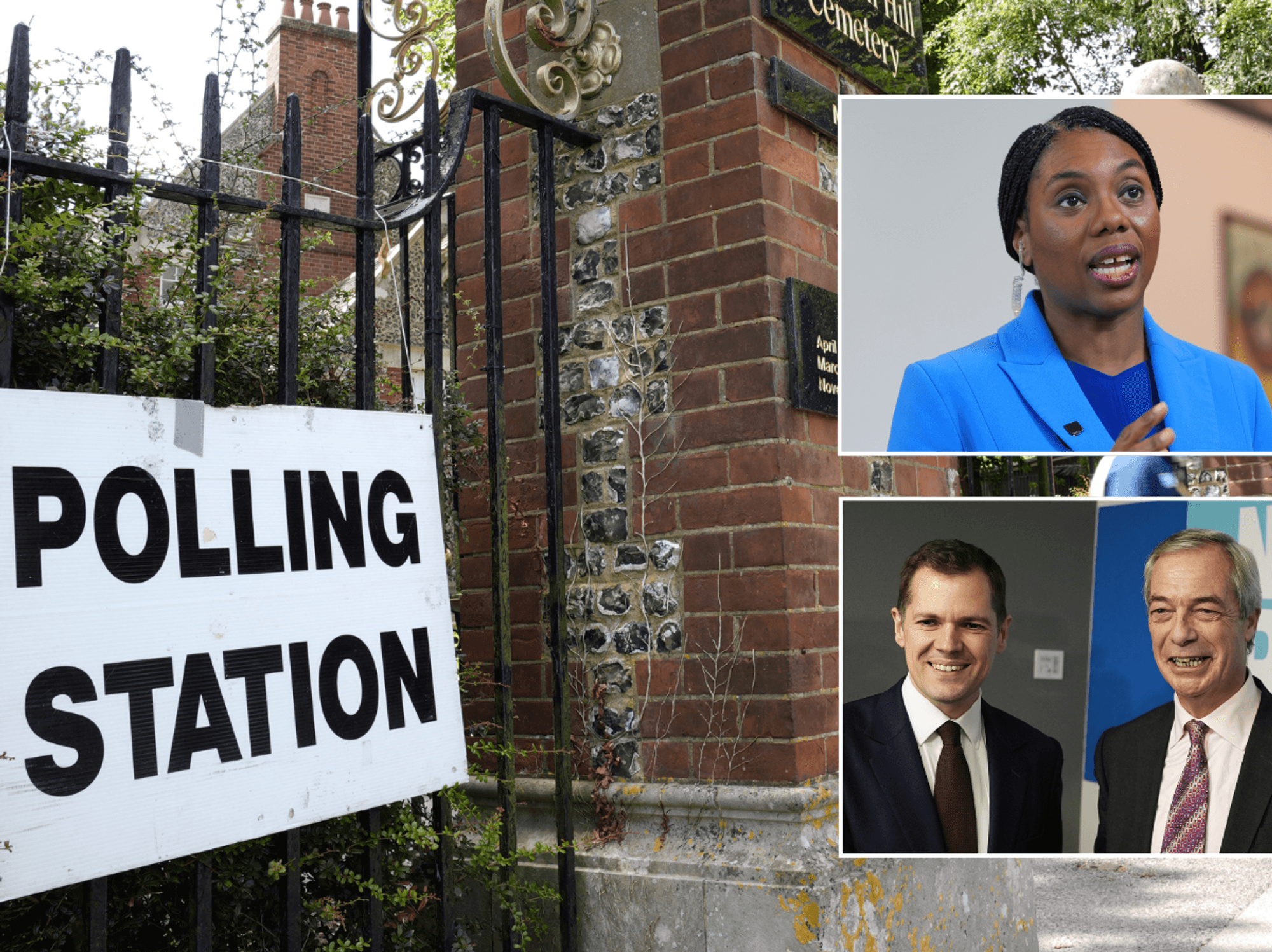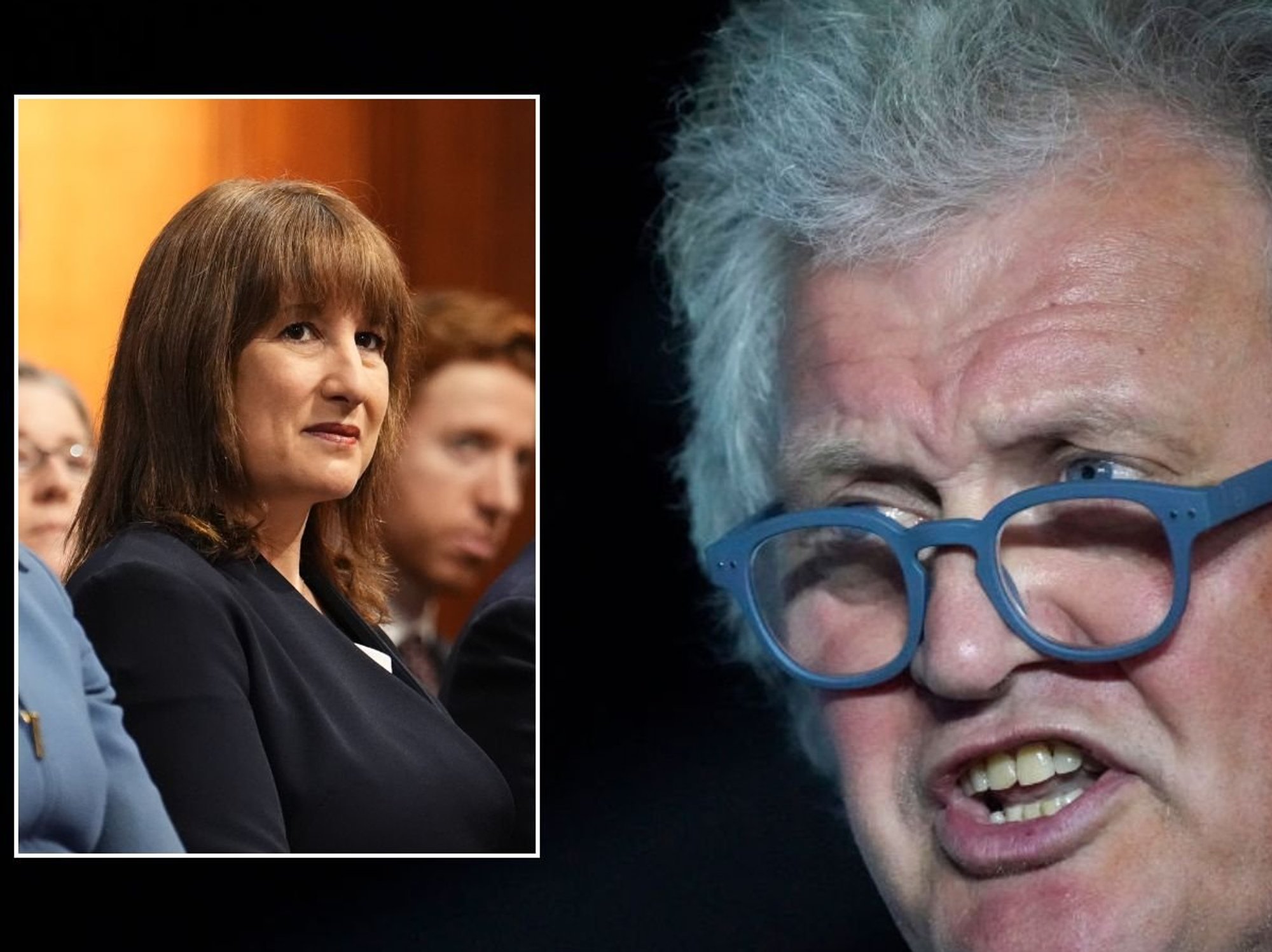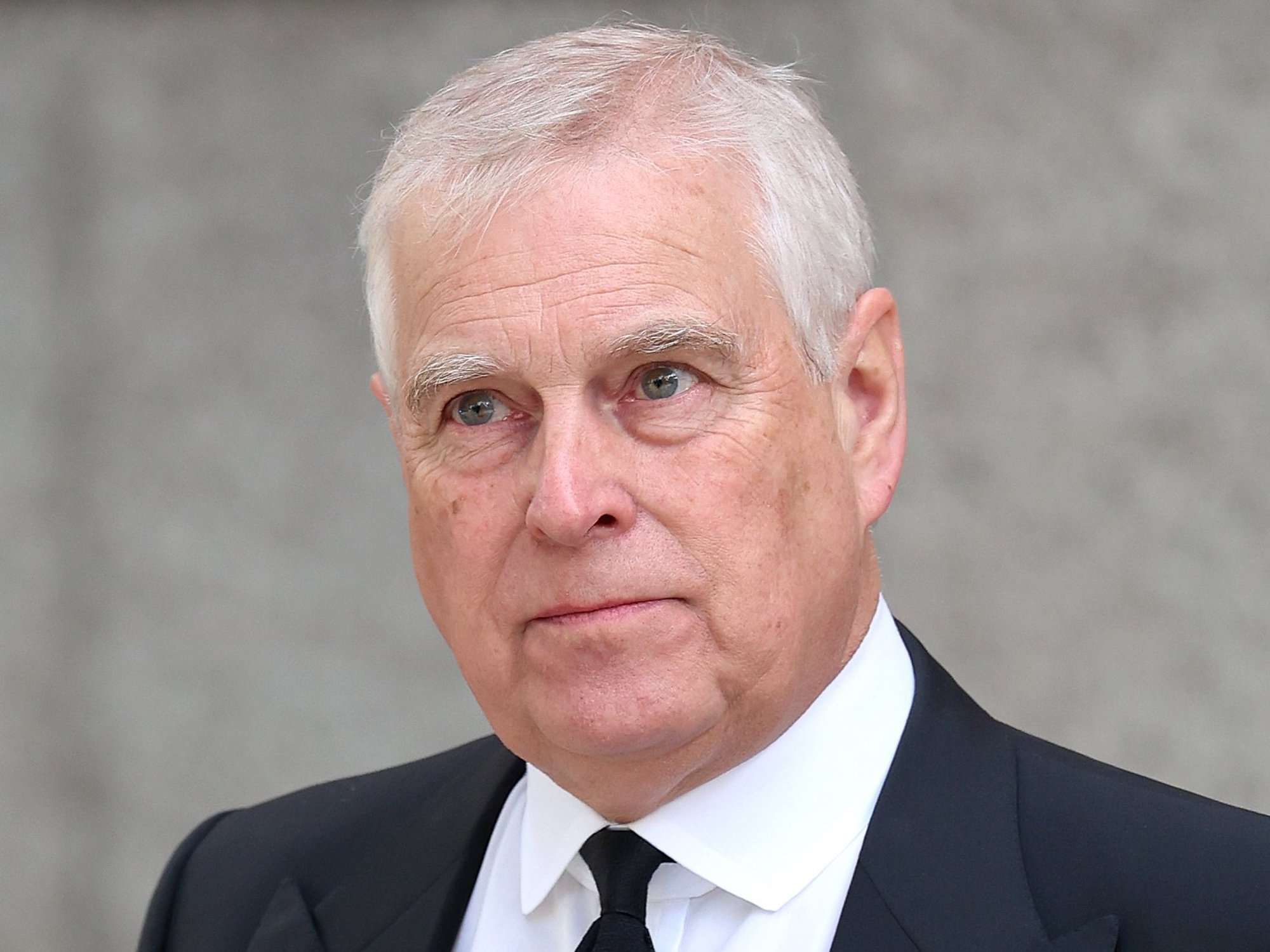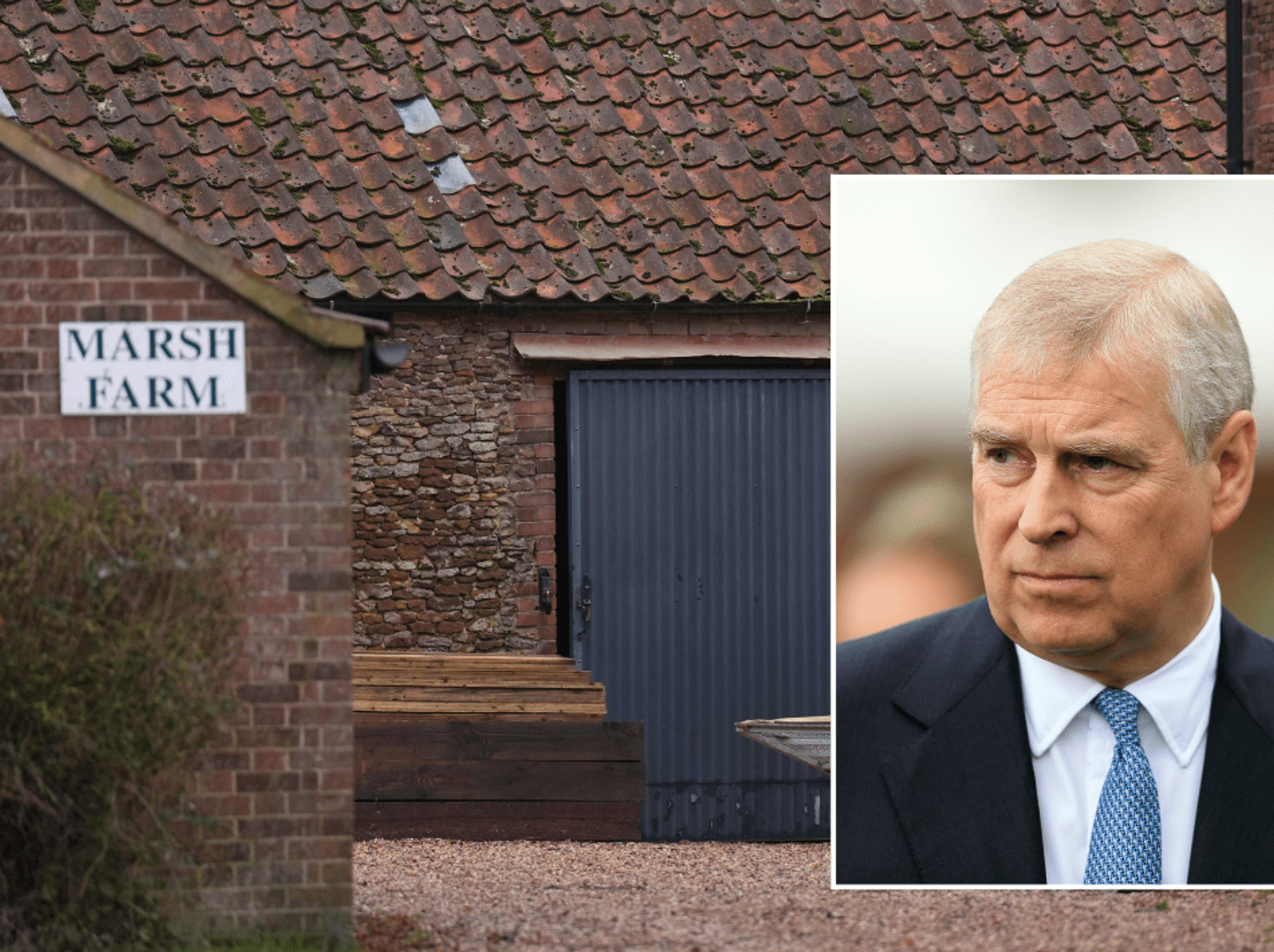Millions of drivers to see costs drastically increase as UK warns of surge in winter bills
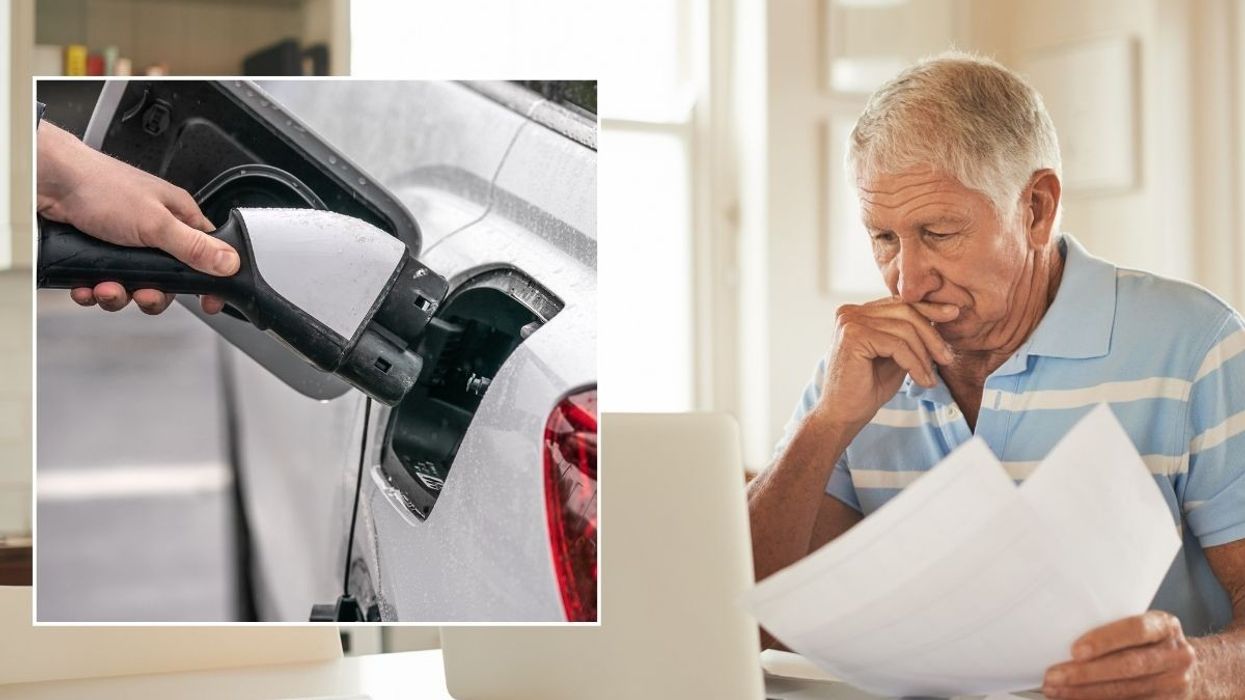
Home charging prices set to increase from £13.41 to £14.70
| PA/GETTY
1.2 million drivers set to be impacted by Ofgem decision
Don't Miss
Most Read
Electric vehicle owners are set to face a significant increase in charging costs due to Ofgem's latest price cap adjustment.
According to reports, British motorists could collectively spend an additional £2.78million in October alone to charge their vehicles at home.
This surge in costs comes as the energy regulator's updated price cap takes effect from October 1 until December 31, resulting in a 10 per cent increase in energy prices across the country.
The impact on EV drivers is substantial, with the average cost to fully charge an electric vehicle at home rising from £13.41 to £14.70.
Do you have a story you'd like to share? Get in touch by emailing motoring@gbnews.uk
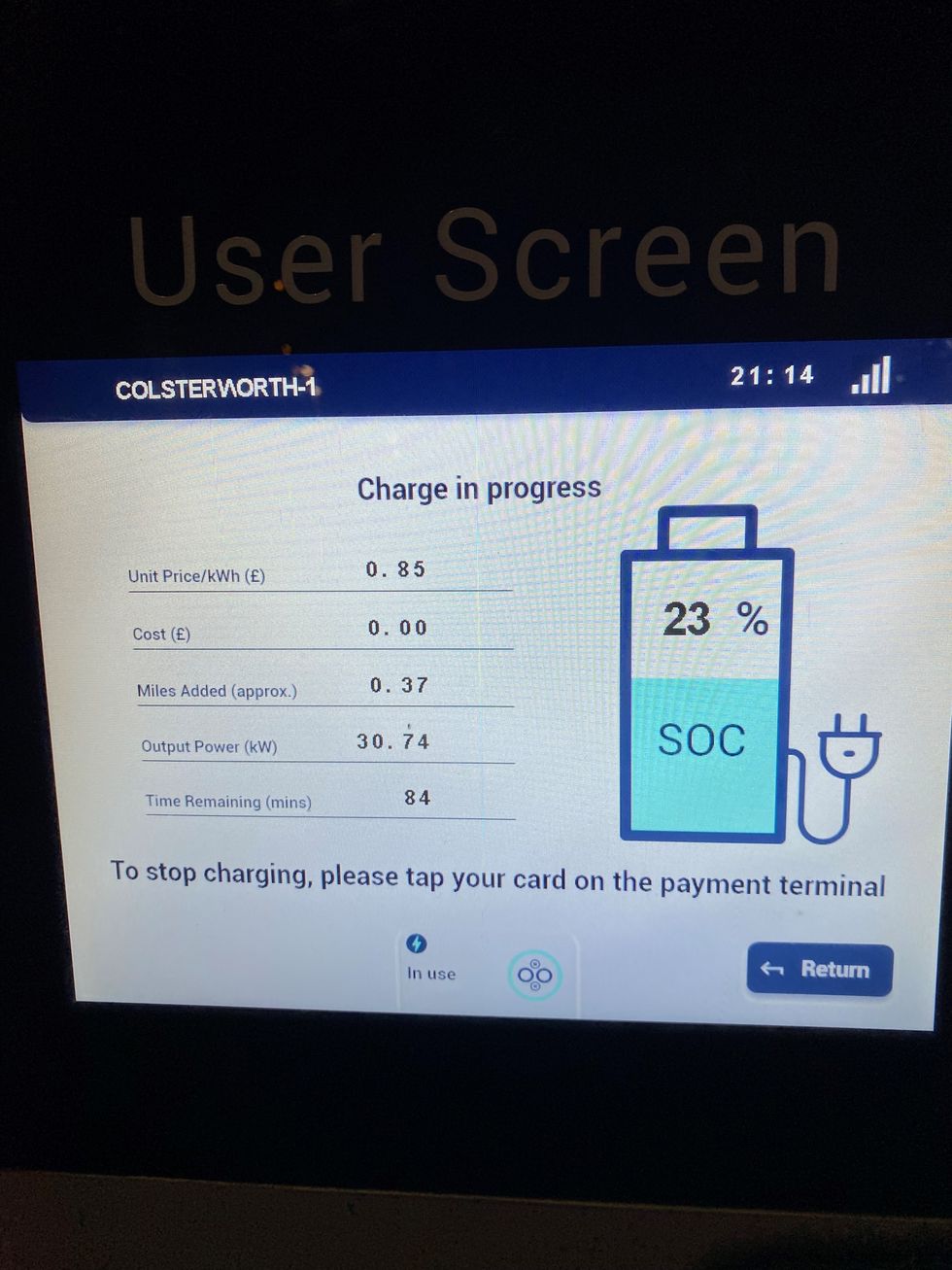
Energy bills will rise to £1,717, up from £1,568
| KEITH BAYSThe increase affects roughly 1.2 million EV owners across the UK, potentially pushing the total monthly spend on at-home charging from £28.96million to £31.75million.
The updated energy price cap will also see a typical household's annual energy bill rise to £1,717, up from £1,568 in the previous quarter.
This 10 per cent increase affects the maximum unit rates energy firms can charge for standard variable rate tariffs.
For EV owners, the average cost to fully charge a 60kWh battery at home will increase from £13.41 to £14.70. Hybrid vehicle owners will also feel the pinch, with charging costs rising from £3.13 to £3.43 per full charge.
Despite the increase, home charging remains significantly cheaper than public charging stations.
The average public charging point costs 56p/kWh, nearly double the new at-home rate of 24.50p/kWh after the price cap rise.
These changes could see EV drivers collectively spending £381million annually on at-home charging, up from £347million.
Aidan Rushby, founder and CEO of Carmoola said: “Ofgem's price cap has a very real effect on the lives of households across the UK, especially as we approach winter and energy consumption rises."
He noted that while household energy costs are the main concern, the running costs of electric and hybrid vehicles will also significantly affect people's energy bills.
Rushby added: “To save money, we'd suggest that EV drivers aim to charge their cars at home whenever possible and explore whether their energy providers offer off-peak tariffs to help reduce charging costs by topping up at these cheaper times."
Despite the increase, Rushby emphasised that electricity prices remain cheaper than petrol for vehicle owners.
As the 2030 ban on new petrol and diesel car sales approaches, more EVs are expected on UK roads. This shift will further influence household energy bills due to increased charging needs.
LATEST DEVELOPMENTS:
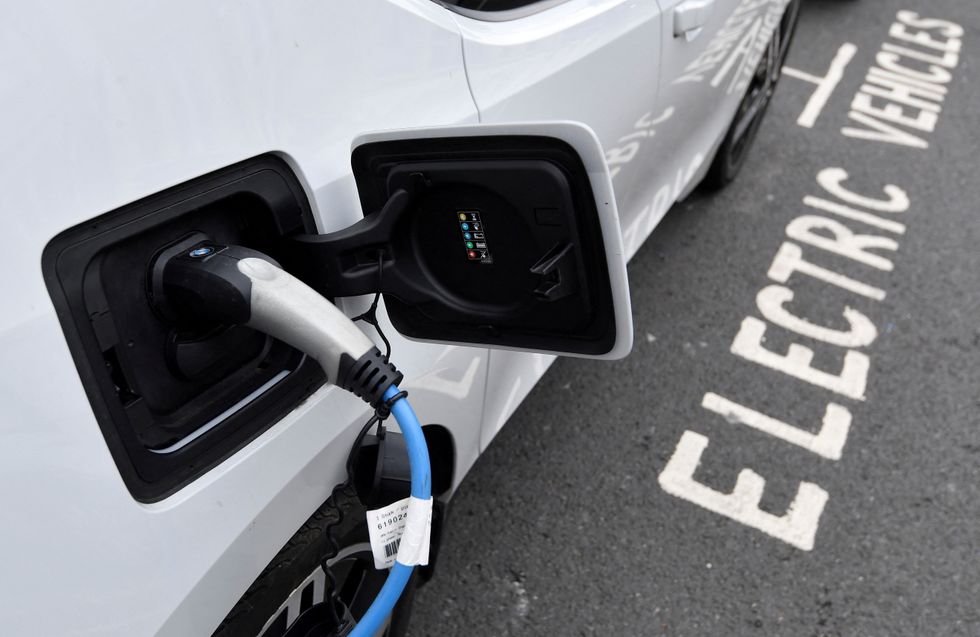
EV owners are encouraged to explore off-peak tariffs
| REUTERSThe price cap increase highlights the growing importance of energy costs for EV owners. While a £1.30 rise per charge may seem small, it can significantly impact frequent drivers.
Despite the increase, home charging remains more economical than public charging stations. The average public charging point costs 56p/kWh, compared to the new at-home rate of 24.50p/kWh.
EV owners are encouraged to explore off-peak tariffs offered by energy providers to reduce charging costs.






